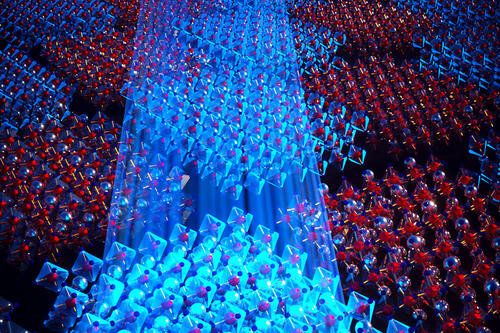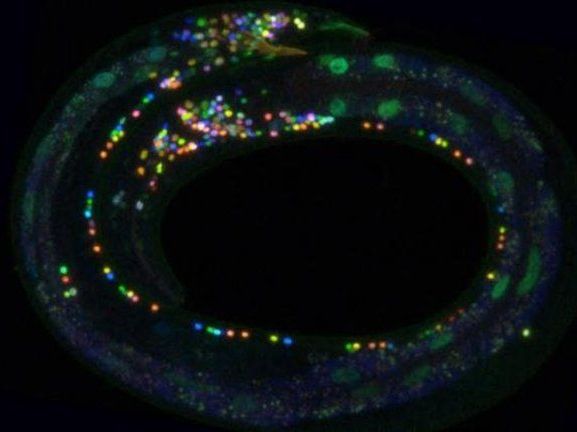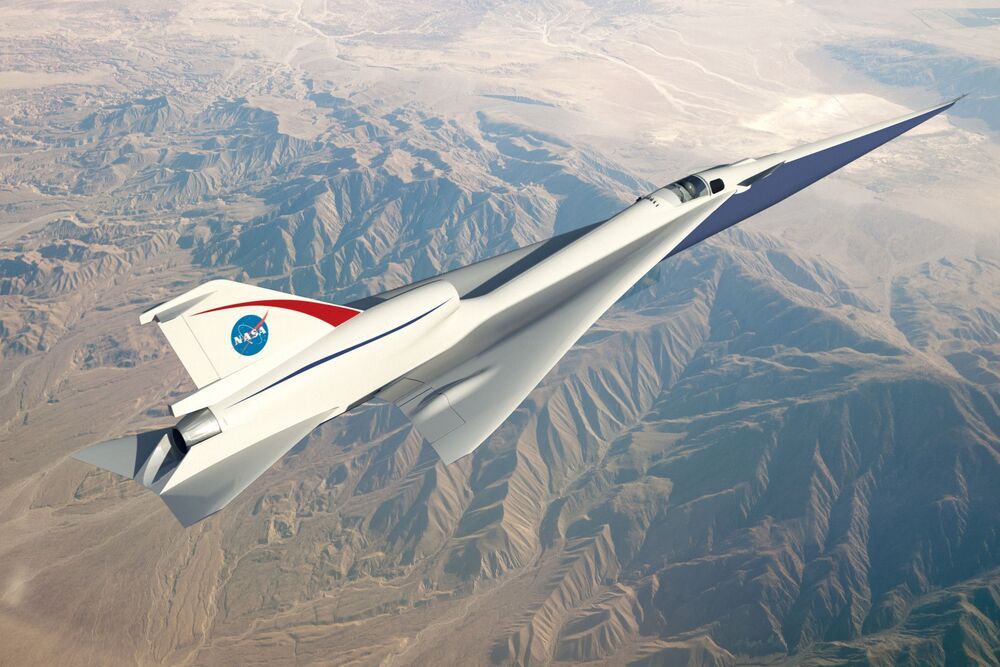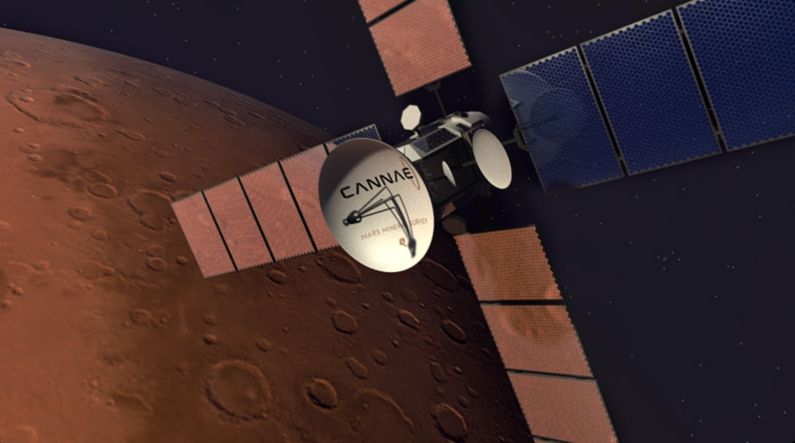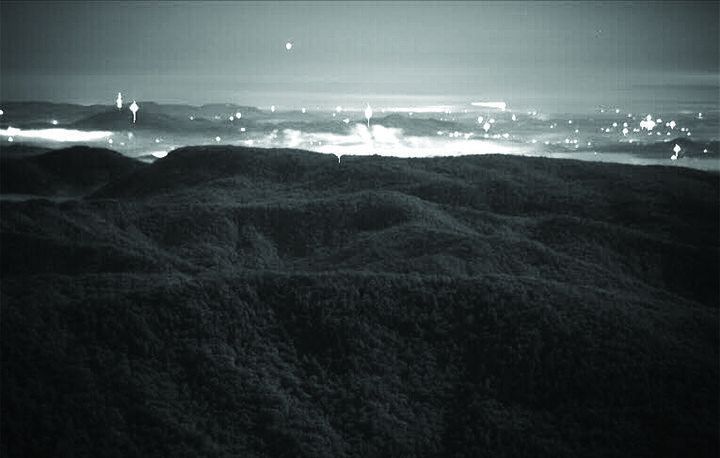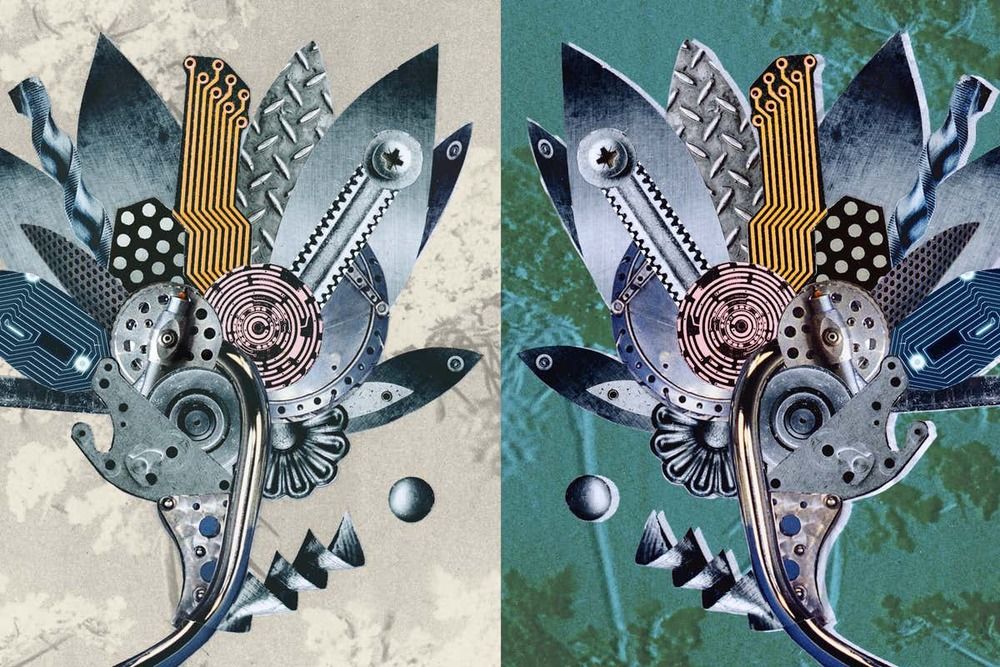A team led by University of Minnesota Twin Cities researchers has discovered a groundbreaking one-step process for creating materials with unique properties, called metamaterials. Their results show the realistic possibility of designing similar self-assembled structures with the potential of creating “built-to-order” nanostructures for wide application in electronics and optical devices.
The research was published and featured on the cover of Nano Letters, a peer-reviewed scientific journal published by the American Chemical Society.
In general, metamaterials are materials made in the lab so as to provide specific physical, chemical, electrical, and optical properties otherwise impossible to find in naturally occurring materials. These materials can have unique properties which make them ideal for a variety of applications from optical filters and medical devices to aircraft soundproofing and infrastructure monitoring. Usually these nano-scale materials are painstakingly produced in a specialized clean room environment over days and weeks in a multi-step fabrication process.
